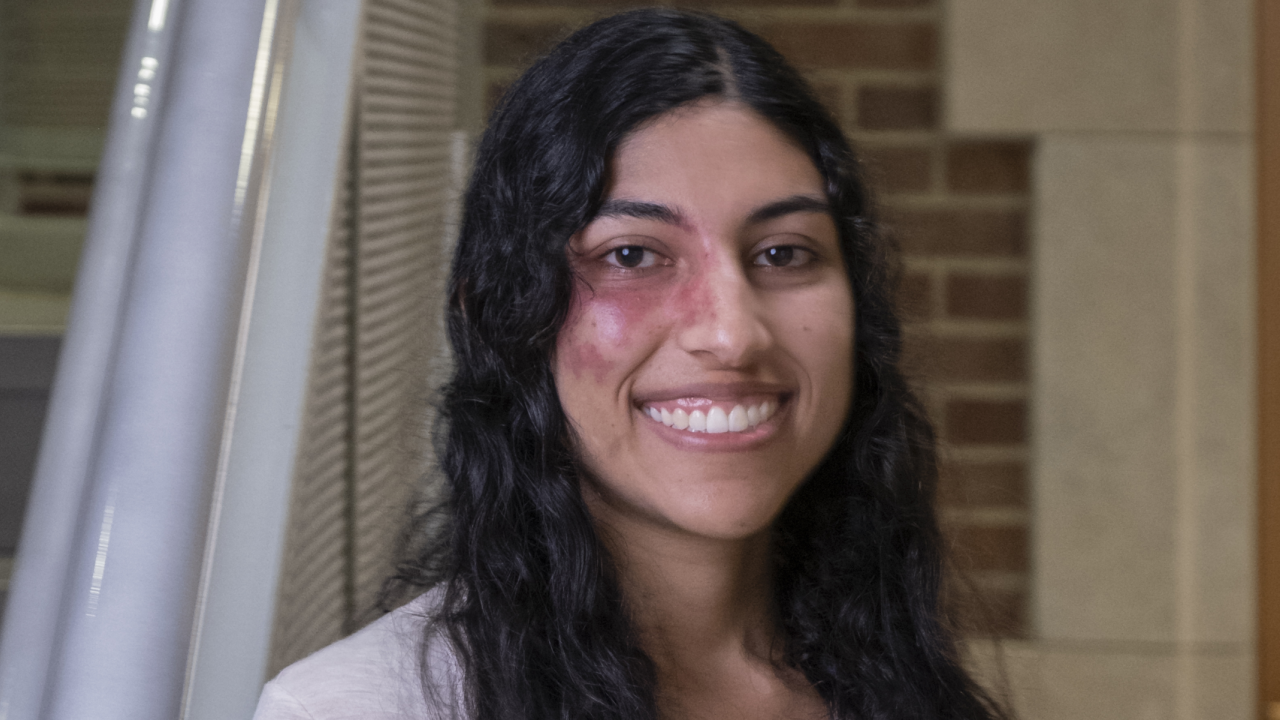
Event Date
Camila Alviar
Can infant-directed song support social and language development in infancy?
Abstract: Caregivers across cultures sing to their infants regularly as part of their caregiving routines. Singing facilitates emotional regulation and engages infants’ attention for longer than speech. Could infant-directed singing also support language and communication development in infancy, and if so, how? In this talk, I’ll share about potential mechanisms by which song might support language development via infant attentional modulation, as well as by its effects on caregivers’ communicative behaviors. I’ll present results examining how infants’ attention to the eyes vs the mouth of singers and speakers changes over the first year of life, and how such changes relate to the characteristics of the communicative signals. Slower tempo, increased rhythmicity, and increased audiovisual synchrony —all characteristics typical of infant-directed singing— enhance attention to caregivers’ mouths, facilitating access to useful audiovisual cues that can support language acquisition. I’ll also present the InCHORRRuS framework, which considers how the beat-based rhythmicity of infant-directed song organizes the multimodality and repetition of caregivers' communicative behaviors, making them more salient for the infant. I’ll examine the existing evidence and share future directions to explore whether singing may scaffold communication and dyadic coordination in early social interactions by making caregivers’ communicative cues more effective.
Bio: Camila Alviar is a staff scientist at the Music Cognition Lab at Vanderbilt University Medical Center. She studies how children and adults with and without developmental disabilities entrain to the rhythms of social interaction and coordinate different communicative modalities to support their interactional goals. Camila holds a PhD in Cognitive and Information Sciences from the University of California, Merced. Her graduate work focused on the dynamics of multimodal coordination and their change in relation to discourse-level variables, such as communicative goals and contextual constraints. Camila’s research interests also include the dynamics of interpersonal coordination under challenging communicative situations.
